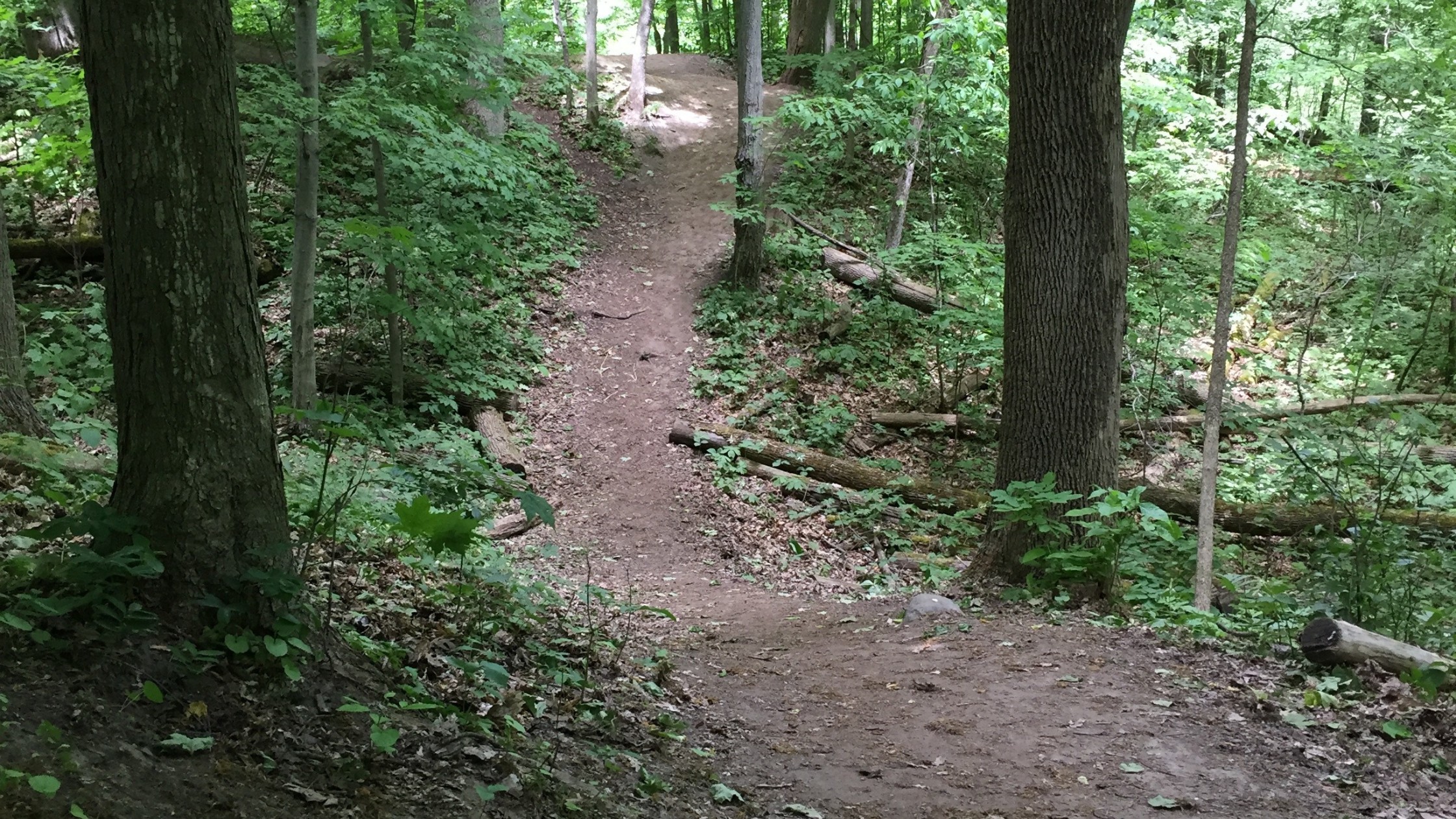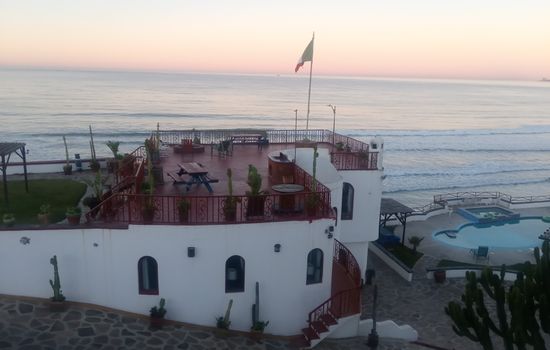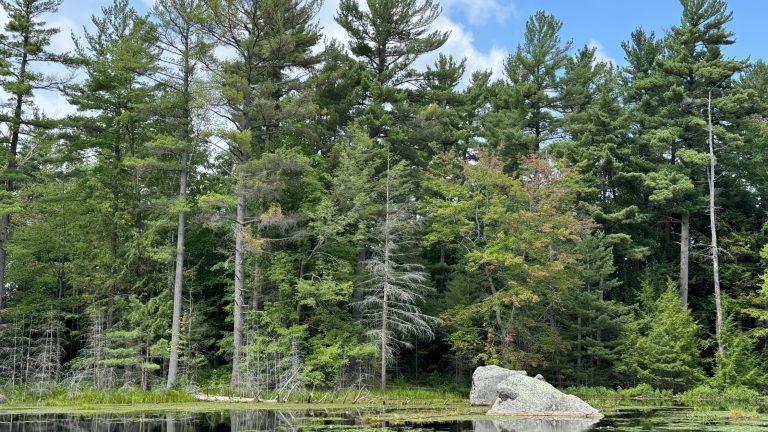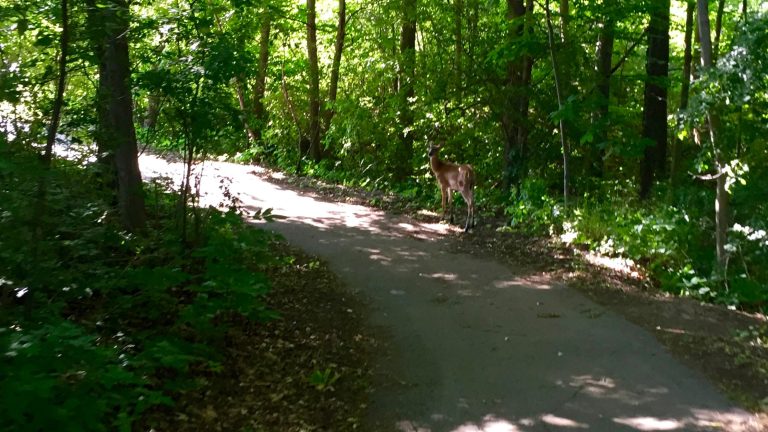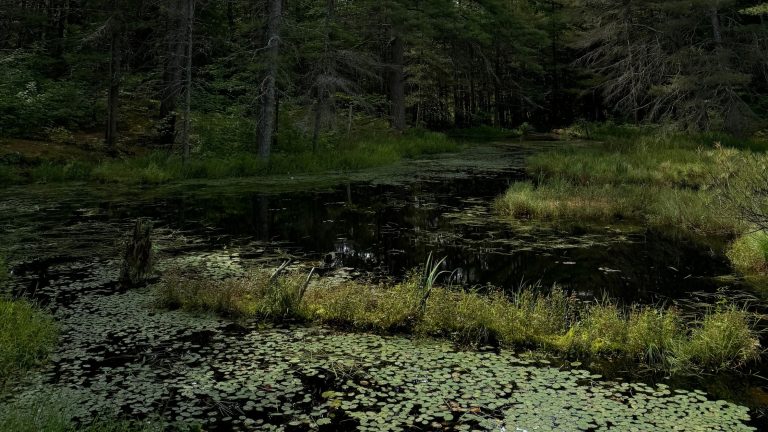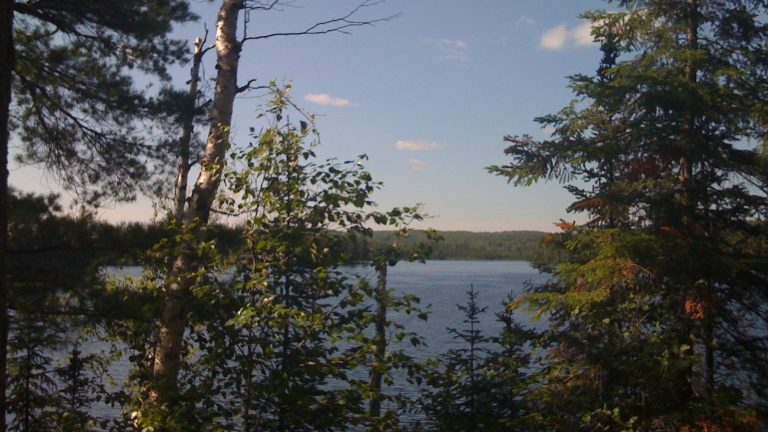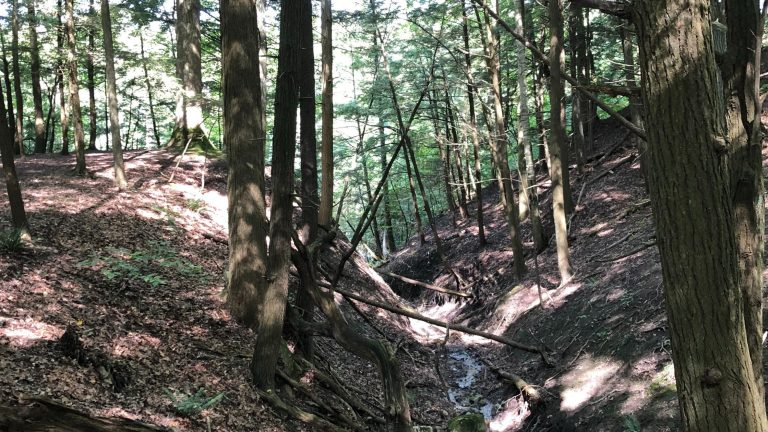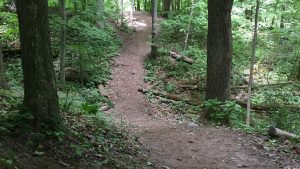The visitor center at Cabrillo National Monument is open from 10:00 AM to 4:00 PM on weekdays and from 10:00 AM to 5:00 PM on weekends.
At Cabrillo National Monument, the entrance fee is $20 for a non-commercial vehicle, $15 for a motorcycle, and $10 per person on foot or bicycle. These passes are valid for 7 days. An annual pass for the monument costs $35, while an America the Beautiful annual pass, which covers all national parks, is also accepted.
From San Diego, take Highway 209, exit onto Rosecrans Street, and meander through Point Loma to Canon Street, then turn left onto Catalina Blvd, unveiling breathtaking coastal vistas and historic charm.
At Cabrillo National Monument, parking is available for passenger cars, buses, RVs, and motorcycles in the large parking lot near the Visitor Center. There are also smaller lots along Cabrillo Road for tidepools. No overnight parking is allowed. Entrance fees apply: $20 for private vehicles, $15 for motorcycles, and $10 per person. Accessible parking is available near the Visitor Center and Lighthouse area.
Accessibility & permits
Emergency
- Cell service availability:Partial
Information not accurate?
Help us improve by making a suggestion.
Uncover the Breathtaking Views and Rich History of San Diego's Coastal Gem
Cabrillo National Monument, perched at the southern tip of the Point Loma peninsula in San Diego, California, is a tapestry of historical, cultural, and natural splendor. This U.S. national monument commemorates the landing of Juan Rodríguez Cabrillo on September 28, 1542, the first European expedition to set foot on what would become the West Coast of the United States.
As you step into the monument, you are greeted by the iconic Old Point Loma Lighthouse, a beacon since 1854, restored to its 1880s elegance. The lighthouse stands tall, offering panoramic views of the Pacific Ocean and San Diego Bay. The Bayside Trail, a 2.5-mile round-trip hike, descends along the eastern side of the peninsula, revealing sweeping vistas of Coronado Island and downtown San Diego. Interpretive signs along the trail highlight native plants, wildlife, and historical points of interest.
The park’s coastal sage scrub habitat is a haven for native birds and a quiet refuge for reflection. On the west side, a small but beautiful stretch of rocky intertidal coastline beckons, especially during the winter months when migrating gray whales can be spotted off the coast.
Visitors can explore the remains of coastal defenses, including base-end stations and searchlights, a testament to the area’s military history. The tidepool area, open until 4:30 pm, is a must-visit, especially during low tide, to discover the vibrant marine life.
In the spring, the landscape is painted with blooming California wildflowers, while summer brings warmth and the perfect conditions for hiking and observing the local wildlife. As the seasons change, so does the park’s character, making each visit a unique and enriching experience.
For those looking to immerse themselves in the local culture, nearby San Diego offers a plethora of artisanal shops, restaurants, and attractions. The Cabrillo National Monument Foundation provides additional insights and resources, enhancing the visitor experience.
- Area (mi²)
- 1
- Annual visitors
- 850 000
- Established year
- 1913
Top 3 Facts about Cabrillo National Monument
The Old Point Loma Lighthouse, situated 129 meters above sea level, guided sailors from 1855 to 1891 but was often obscured by fog and low clouds, leading to the construction of a new lighthouse at a lower elevation.
In this coastal enclave, rare Shaw’s agave and vibrant Sea Dahlia blooms punctuate the landscape, thriving in a unique Mediterranean ecosystem. The intertidal zone teems with life, featuring coralline algae, mussels, anemones, and colorful fish like garibaldi and opaleye. Hermit crabs, sea urchins, and octopuses inhabit the tide pools, while ruddy turnstones and other seabirds grace the shores. This diverse habitat, enriched by fog moisture and buffered temperatures, offers a compelling glimpse into the intricate balance of a coastal ecosystem.
Perched 422 feet above sea level, the Old Point Loma Lighthouse overlooks a dramatic coastline where the azure Pacific Ocean meets the rugged, rocky-intertidal shoreline. Here, during winter, the misty horizon is punctuated by the majestic migration of gray whales, their paths tracing the 12,000-mile journey from the Arctic to Baja California’s warmer waters. The coastal sage scrub habitat, dotted with lizards, snakes, and coyotes, adds a vibrant tapestry to this scenic landscape.
Family programs
- Junior Ranger
- Ranger-led Tours
- Scouting Partnerships
- Volunteer & Stewardship
- Youth Conservation
- Living History & Cultural Demos
- Workshops & Hands-on Activities
Travel Tips
Plan Ahead
Visit during mild winter months for optimal hiking. Arrive early, park at the Visitor Center, and explore trails before tide pools close at 4:30 PM. Pack meals, wear sturdy shoes, and rest often. Enjoy the annual Whale Watch Weekend for added excitement.
Pack Appropriately
Pack layers for unpredictable weather, sturdy hiking boots, and a waterproof jacket. Bring a first-aid kit, map, and extra water. For longer stays, include a tent, sleeping bag, and portable charger. Don’t forget sunscreen, a hat, and warm sleepwear for cooler nights.
Respect Wildlife
Maintain a safe distance from wildlife, at least 25 yards from most animals and 100 yards from predators. Never feed or touch them. Stay on trails to preserve fragile habitats, especially during sensitive seasons. Leave the area as you found it, or better. Respect the natural balance.
Stay Informed
Stay on marked trails, avoid ledges and water, and check weather conditions. Follow signs and park rules. For emergencies, call 911 or park authorities at 619-557-5450.
Seasons
In spring, mild temperatures (60s-70s°F) and clear skies make for ideal outdoor exploration. Join the City Nature Challenge BioBlitz in April to discover diverse flora and fauna. While high tides submerge tidepools, whale watching winds down, but the scenic coastal trails and historic lighthouse tours remain unbeatable.
Summer brings warm temperatures (70s-80s°F) and clear skies, ideal for whale watching and exploring historic lighthouses. Attend the Cabrillo Festival in September to commemorate Juan Rodriguez Cabrillo’s voyage. Perfect for outdoor enthusiasts and history buffs.
Visit in fall for mild temperatures (60s-70s°F) and clear skies. Enjoy the Cabrillo Festival, celebrating Juan Rodriguez Cabrillo’s voyage, though currently on hold. Ideal time for whale watching and native plant propagation.
Visit from November to February for crisp temperatures in the 50s and 60s, occasional rain, and crystal-clear vistas after storms. Ideal for tidepooling and unparalleled views.
Information not accurate?
Help us improve by making a suggestion.
Where to stay
Nearby parks
Frequently Asked Questions
Ready to dive into what Cabrillo National Monument has to offer? Let’s tackle some of the burning questions you might have as you plan your visit!
-
The closest city to Cabrillo National Monument is San Diego, where the monument is actually located within the city limits, specifically in the Point Loma area. Established in 1913, it overlooks San Diego Bay and the city skyline.
-
You can bring your dog, but only on the Coastal Trail and it must be on a leash. Dogs are not allowed in the tidepools or on other trails, and they cannot walk along Cabrillo Road. Only service animals are permitted in other areas of the park.
-
Parking is included with admission. There are parking areas for passenger cars, buses, RVs, and motorcycles, and accessible parking is available for people with disabilities.
-
The top attraction is the Old Point Loma Lighthouse, built in 1855, which guided sailors into San Diego Bay for nearly 40 years and now features historic exhibits and stunning views of the bay and coastline.

